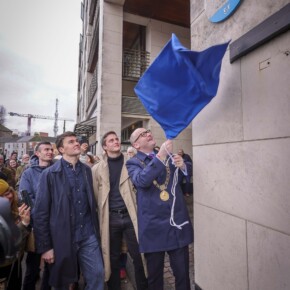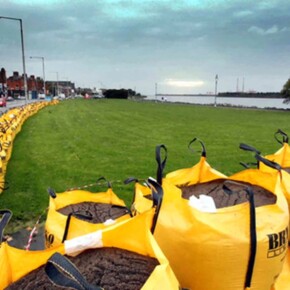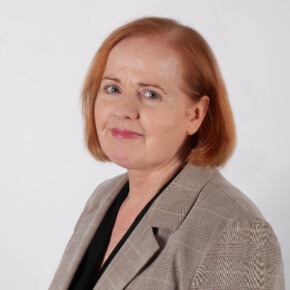Children with muscle-wasting disease ‘running out of time’
Padraig Conlon 23 Sep 2025
Children with a devastating muscle-wasting disease are being denied treatment in the Republic that is already available just across the border in Northern Ireland.
Sinn Féin TD for Dublin South West Seán Crowe says that injustice proves why an all-island healthcare system must be put in place now, not years from now.
Crowe raised the issue at a recent meeting of the Oireachtas Committee on the Implementation of the Good Friday Agreement, where he challenged officials from the Department of the Taoiseach’s Shared Island Initiative on the need for immediate action.
“The future of healthcare in Ireland is on an all-island basis,” he said. “Covid should have been a wake-up call for this, that viruses or genetic conditions do not stop at borders.
“In the case of children suffering from Duchenne Muscular Dystrophy, an all-island approach would allow them to access treatment in the north that is unavailable in the south, with potentially lifechanging results.”
Duchenne Muscular Dystrophy (DMD) is a rare but devastating genetic condition that almost exclusively affects boys.
Caused by a mutation in the gene responsible for producing dystrophin, a protein vital for muscle function, the disease leads to progressive muscle weakness and wasting.
Children with DMD often begin showing symptoms before the age of five, such as difficulty walking, frequent falls, and delayed motor skills.
As the condition progresses, many lose the ability to walk in their early teens and face life-threatening complications in the heart and lungs.
Crowe stressed that the disease remains under-recognised in Ireland, despite its devastating impact. “This is a life-limiting condition that has not nearly the level of attention that it deserves,” he told the committee.
He pointed to the case of young Tallaght boy Archie Ennis, whose story brought the challenges faced by families affected by DMD into sharp focus.
“My first real knowledge of the condition stemmed from the case of Archie Ennis,” Crowe said.
“But there are over a hundred children like Archie across the state that are simply running out of time as DMD is progressive and treatment is almost impossible to access in Ireland.”
One particular source of frustration for families is the lack of access in the Republic to Givinostat, a promising new treatment. Givinostat is already in use in Britain and more recently in the North, yet it remains tied up in the approval process in the Republic.
“There is a very promising drug called Givinostat that is languishing in the approval process in this jurisdiction,” Crowe said.
“Children with DMD do not have the luxury of time while agreements are signed on individual cases or conditions.”
Advocates say that Givinostat, which targets inflammation and muscle degeneration in patients with Duchenne, offers hope of slowing down the disease’s relentless progression.
While it is not a cure, access to such therapies can extend mobility, preserve heart and lung function, and crucially, buy families more time.
Crowe argued that the delays in the Republic highlight the urgent need for a fully integrated all-island approach to healthcare.
“We must make better progress towards an all-island healthcare model so that experience, facilities, and treatment are made far more readily available for children like Archie,” he said.
The Shared Island Initiative, established by the Government in 2020, is designed to foster cross-border cooperation on issues such as health, education, and infrastructure.
Crowe believes the case of Duchenne Muscular Dystrophy is a clear example of where joint working could deliver immediate and life-changing benefits.
Healthcare cooperation has often been viewed as one of the most practical and uncontroversial elements of north-south collaboration.
During the Covid-19 pandemic, public health experts repeatedly highlighted the challenges of operating two separate health systems on the island, with different testing, vaccination, and hospital protocols running in parallel.
For rare diseases such as DMD, where specialist expertise and treatment centres are limited, the case for collaboration is even stronger.
For Crowe, the contrast between North and South is stark. A promising drug like Givinostat can already be prescribed in Belfast, while families in Dublin remain tied up in delays and red tape. “Children with Duchenne Muscular Dystrophy do not have the luxury of time,” he warned.
For parents watching their children’s health decline while life-changing treatment exists just a short drive away, the border is not only a political line on a map — it has become the difference between hope and despair.











